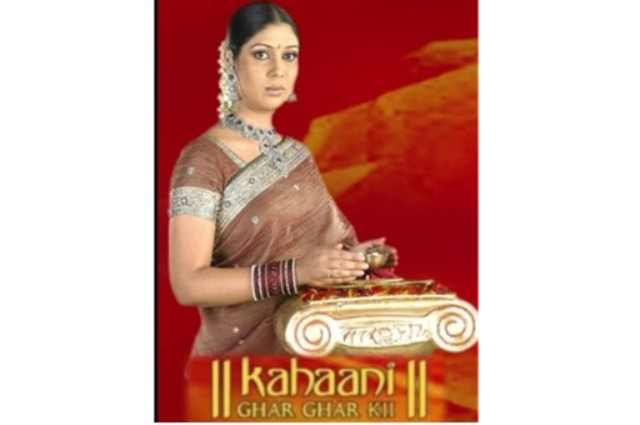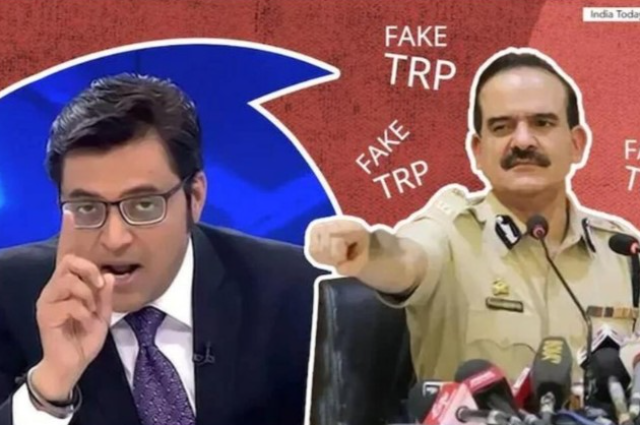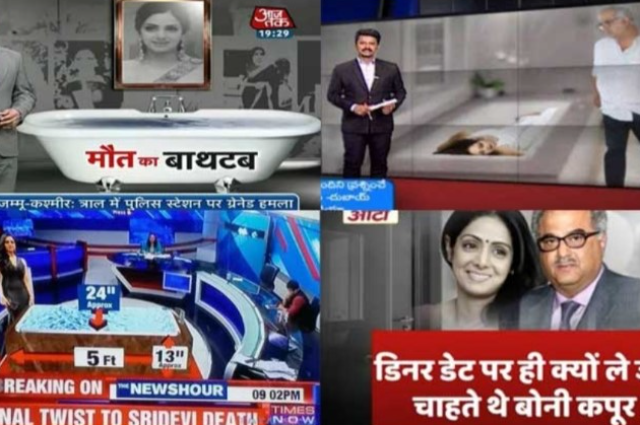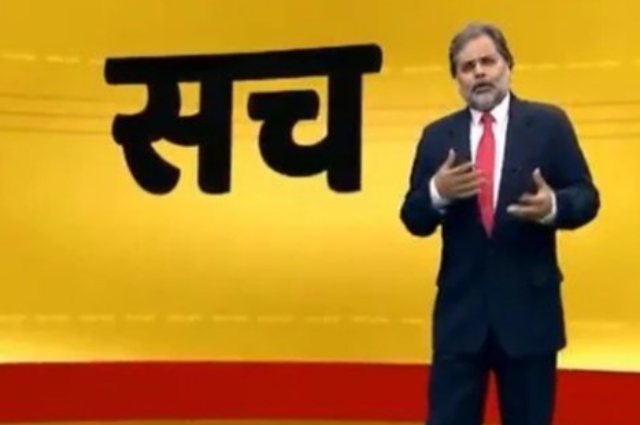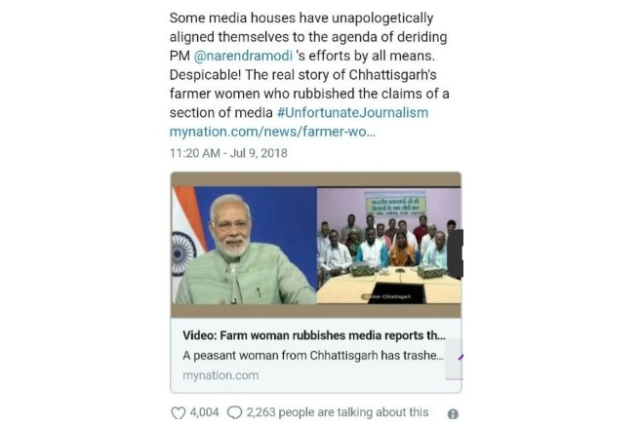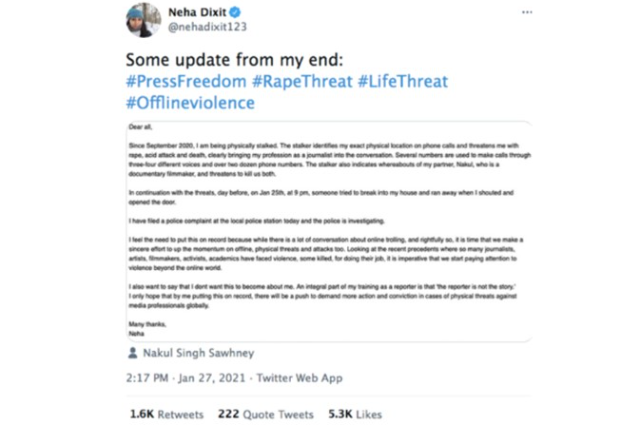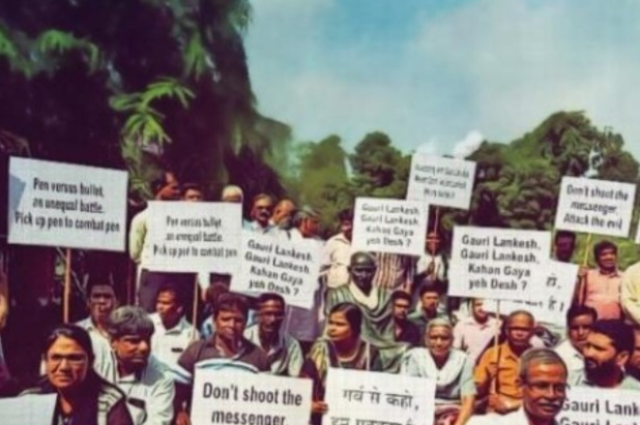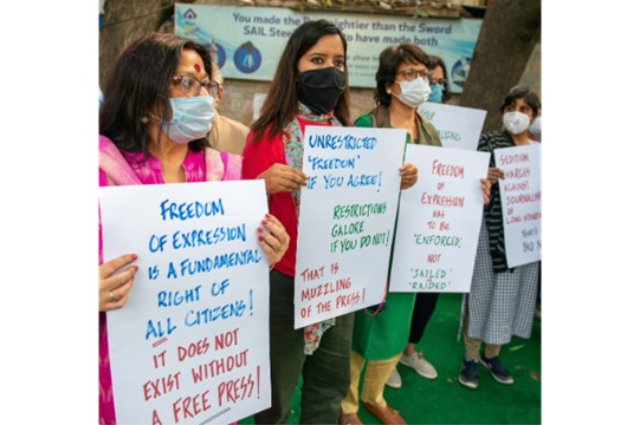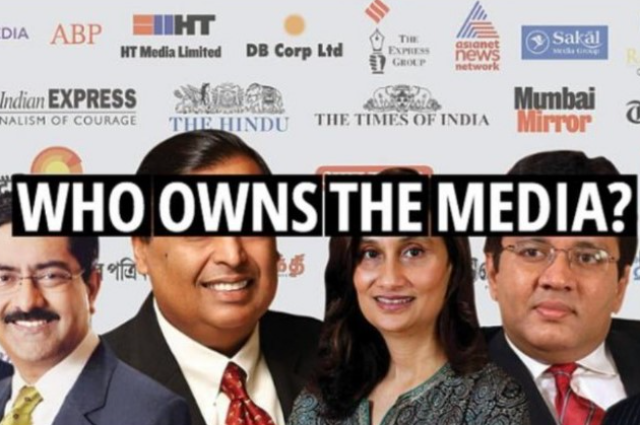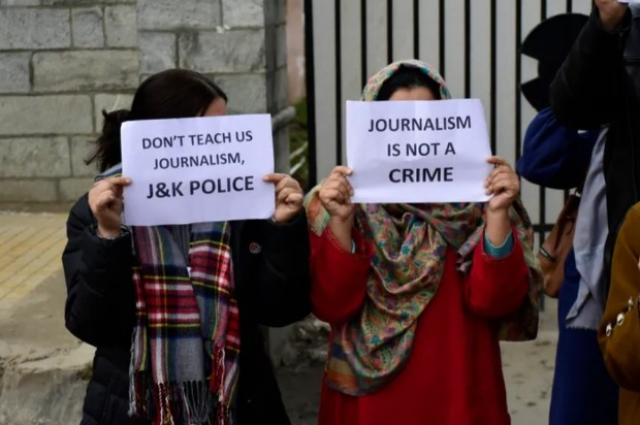I can't seem to remember when it was the first time I heard the phrase, “Media is the fourth pillar of democracy". During my entire school life, we were taught how the media strengthens the roots of democracy in our country, and India being the largest democracy in the world couldn’t have survived without it. The way the Indian media was extolled made me realize its importance, but it‘s a shame to know that India ranks at 142 out of 180 countries in the World Press Freedom Index, 2021. It comes under the red zone which is an alarming situation for Indian Media which is even worse than Afghanistan (which ranked at 122)! Through this article, I would like to delineate how unethical practices, state interference, and corporatization have brought the doom of Indian Media in the 21st century.
“TRP ka Ghotala, hai news par tala”
At the time when television just started in our country, the only channel that people watched was Doordarshan, which again was state-controlled and mostly reported in favor of the ruling government (Congress at that time). During the economic reforms of 1991s, when private companies started entering the television industries, there was an influx of private TV channels like Zee TV in 1992, Star Plus, Sony TV, etc in the 1995s. These companies aired high-budget TV serials. But with time, the television industry became such a competitive space that the news channels like Aaj Tak which was launched in the 2000s, NDTV and ABP News (the Star-News), both launched in 1988, etc were not only competing against their fellow news channels but also against shows like ‘Kasuati Zindagi Key, ‘Kyuki Saas Bhi Kabhi Bahu Thi, ‘CID’, etc and honestly who would like to see news when the entire household is enjoying Kamolika twirl her hair strand or Parvati being the aadarsh bahu of the Agarwal family in Kahani Ghar Ghar Ki. All these TV shows have an emotional appeal and the ‘relatability factor' that made the viewers hooked to them. Not to forget, entertainment and masala in these shows were something that made people handle their monotonous routines and the news business was getting sidelined.
So the next big question was ‘Logo ko news Kaise dikhaye?’
The news reporting became more about ‘heated debates and in-your-face commentary’, calling different panelists on their shows and discussing an agenda, while both parties just expressed their outrage on it.
Now News is something which has to be presented as it is, without any opinions, completely based on facts. But then where does the fun lie? If there is no drama, no shouting, no arguments, the audience will soon get bored and change the channel and go back to watching ‘Big Boss’ or ‘Tarak Mehta Ka Ooltah Chasmah’, isn’t it?
So to combat this problem it was decided that news has to be entertainment. If not entertainment, then no audience, no audience, then no TRPs and no TRPs would mean, the channel goes down, which I believe is not the very ‘idealistic’ option for the private companies owning these news channels. And then ‘News Anchors’ comes as the captain of the sinking ship to battle with this rising threat which the news channels were facing. Well, the task was simple, just wear a crisp suit, sit straight, have a stern face, intimidating ‘namaskar darshako’, and just start shouting. The news reporting became more about ‘heated debates and in-your-face commentary’, calling different panelists on their shows and discussing an agenda, while both parties just expressed their outrage on it.
What’s in it for the news channels here? The foremost thing was news became entertaining, people started watching news anchors and politicians blaming each other. And yes all of it was scripted but whenever someone said something off-script, that’s when this line come, ‘aap hote kon hai mujhe yeh bolne wale?’ or ‘zaaban sambhal ke baat kijiye, varna aacha nhi hoga.’ and all those open threats. And well Indian public loves a fight, so the news channels gave it to them. Secondly, such kind of news reporting was cheaper, why? Because, there was no thorough coverage or investigation, no fieldwork and the only thing required was to call the spokesperson of each of the major political parties and have a ‘vivaad’.
People watched the news, channels’ ratings were going up, fewer expenses to be incurred, more advertisement space, and huge profit margin, that’s the only requirements to become the number one Hindi news channel. Right? The 2020 TRP Scam of Republic Tv and the other two Marathi news channels can better explain this entire fiasco.
All these news channels need huge funding and, therefore, advertisements become one of the prime sources for the same. The louder the news is, the more attention it will get, the more attention the channels get, the more companies will run their advertisements on that channel. And in between the process, the news gets compromised, and channels make profits, which is their ulterior motive, to begin with.
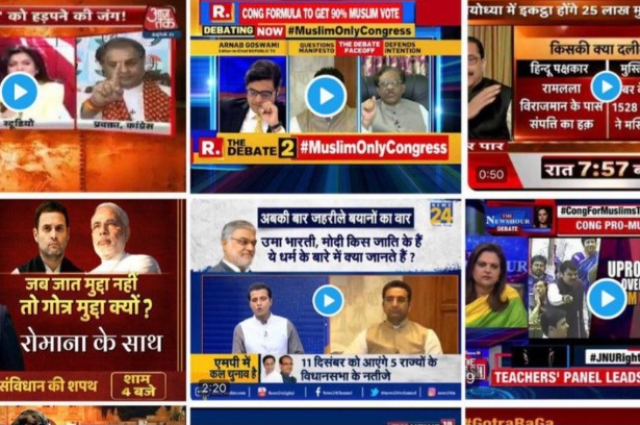
And what about unemployment or education or mob lynchings or economy, oh no, they are not even that important for the country, isn’t it? I mean who cares if the farmers’ distress is shown or not, the media is more interested in showing who is a true nationalist or solving great agendas like ‘Ye POK Wapas De De, Imran’. Yes, this was one of the provocative titles of Aaj Tak’s Prime Debate in 2019. The fact is what we are seeing these days is just media presenting to us a platter of ‘news’, which consist of various dishes like ‘ruling party’s propaganda’, ‘populist judgements’, ‘provocative stories’ etc that are doing a good job at feeding the audience, feeding them nothing but lies. Every news channel wants to break the news first, there is no verification of the information and the news is presented to us as it is based on the reporter’s own assumptions and judgments. And due to this prevailing situation, what we see is low-quality content with almost no logic and relevance. The kind of coverage which was given to the Aryan Khan’s Drug Case or Sushant Singh’s Suicide Case and how Arnab Goswami said, ‘agar kal is samay Riya ki giraftari ho jaye to poore Bharat me Diwali banegi’ are way more earth-shattering than stories from the northeast or stories about economic distress.
Mainstream media only shows stories that highlight the prowess of the government or stories which do not require much investigation or research. How often do we see stories about the slums of Maharashtra or the people living in the distant villages of Rajasthan and Gujrat who are facing problems that the nation is not even aware of, only because the media is more interested in covering those issues which might not upset the advertisers or the government?
Earlier the news presenters were only responsible for reading the news but today these anchors are more about shouting, pretending to hold debates and the people think that they are listening to a well-informed individual and start taking these anchors seriously.
Media has the power to change people's narratives. The way we treat people around us is somehow led by what we see on television and read in the newspapers.
Another problem is how these news anchors who are responsible for presenting the news are better actors than someone who has the intellectual capacity to showcase the news the way it has to be. Earlier the news presenters were only responsible for reading the news but today these anchors are more about shouting, pretending to hold debates and the people think that they are listening to a well-informed individual and start taking these anchors seriously. And this is how these news anchors become opinion makers and in the process, the practice of real journalism gets lost as there are no efforts in the research and coverage of a genuine story because all you need is a highly energetic news anchor who can shout for hours and hours and speak anything. After all, people believe them to be 'knowledgeable'. Independent Journalism has succumbed to Government Control?
Independent Journalism has succumbed to Government Control?
During the current government’s regime, there have been numerous instances of how the journalists have been tortured, stalked, threatened only because they were doing what they are supposed to do. A recent occurrence is of Prime Minister's ‘Mann KI Baat” when in 2018, Punya Prasun Bajpai in his show ‘Masterstroke’ covered his interaction with a lady living in Chattisgarh about how her income had doubled after she switched from paddy to sitafal farming. Later Masterstroke interviewed the same woman who then told them that she was ‘tutored’ by some people coming from Delhi to say how her income had doubled when the Prime Minister asked her about the same.
The way the ruling party of our country reacted to this, calling for boycotts, referring to it as “unfortunate journalism’ and then the mysterious interference with the signals proves how intolerant the government is when real journalism is put to practice.
After this program aired, the TRPs of the channel skyrocketed and that is when the real problem started. Just think about it, when a news channel who is showing how hollowness of the success of the Prime Minister’s Office can get such high views and TRPs within no time then the news channels that continue to sing the praises of the government will suffer from a double crisis: one of credibility and the other of advertisements. The way the ruling party of our country reacted to this, calling for boycotts, referring to it as “unfortunate journalism’ and then the mysterious interference with the signals proves how intolerant the government is when real journalism is put to practice.
In 2021, Neha Dixit, another freelance journalist, was threatened and stalked because of the nature of her reportage on extrajudicial killings and atrocities in the north-eastern region of the country. When these journalists try to provide another side of the story, they have to face legal charges only because what they report does not sound good to the government of the country. In 2020 sixty-seven journalists were arrested and nearly 200 were attacked during the NRC-CAA protests, according to a study by Geeta Seshu for the Free Speech Collective.
And then the government says it's just orchestrated propaganda against them.
Does Press Freedom even exist in India?
Freedom of the press refers to the minimal interference of the state in the operations of the Press or any form of mass communication like print media, electronic media, digital media with a clear exception to the misuse of this freedom by these stakeholders. However the problem with the media these days is rather than challenging the power and holding their accountability, they seem to be working as the institution of power. Albeit the constitution guarantees freedom of speech and expression under Article 19 where it doesn't mention anywhere the 'freedom' of the press, the provisions of this fundamental right are evident enough that anyone who chooses to write in a newspaper or provides information is exercising their right to express freely. Anyhow the government over time has slowly reduced the purview of this right.
This entire culture of putting our national interest above anything, even if it’s our rights, is somewhat bleak for me. You decide to go against the government, you become anti-nationalist. You can’t question the government's actions and if you do, you become the reason for public unrest by inciting offense.
The first amendment of the Indian constitution in 1951 added limitations to the freedom of speech and expressions based on ‘public order’, ‘incitement to an offense’, and ‘friendly relations to foreign state’ even before the first elections took place in independent India was a major concern. This amendment was made by the interim government on the grounds to avoid any kind of unlawful activity and crowds protesting that could be a threat to stability and public order of the country soon after the entire nation has witnessed the horrific partition. But the ones opposing the act stated that the exception of the public order to free speech gave the government arbitrary powers to repress all political opposition or distress. Even the recent amendments in 2019 in the RTI Act of 2005 are a huge menace to the very basis of this Act that ensures transparency and accountability in the administration.
The RTI is a fundamental right through which the citizens of this country have access to information on major issues like pension, ration, education, health, etc. But with the recent amendments, the central government has taken away the authority of the officials to work autonomously and freely. All the resources and time duration of the Information Commissioners are under the control of the central government through which they have become a puppet of the government. The RTI has provided the citizen with a way to put the government accountable enhancing the democratic spirit of the country but how clandestinely this bill was presented and passed without any consultation with the two major stakeholders; the citizens and the Information Commissioner again puts a question mark over the scope of freedom of speech and expression in our country.
Now the question arises when the constitution has explicitly not mentioned 'freedom of the press' so what's the scope of the press and media to work independently and practice their rights or for the citizens to get all the information they want about the government’s doings? Further, the legislature of our country does have the authority to amend the constitution as and when they want or when the national interest has been threatened. But what exactly is ‘national interest’? This entire culture of putting our national interest above anything, even if it’s our rights, is somewhat bleak for me. You decide to go against the government, you become anti-nationalist. You can’t question the government's actions and if you do, you become the reason for public unrest by inciting offense.
I understand that reasonable limitations are required to practice this right as often it has been used by people for their selfish motives but the government needs to understand that INDIA IS A DEMOCRACY. The government can’t shut everyone’s mouth in the name of ‘protection of national interest’. People will speak, they will stand up if they feel something’s not right. Every criticism can’t be ignored or turned into a religious affair. Sometimes the criticisms are valid and needed just to make the decisions taken by the government better for everyone. Journalists are needed so that they can bring out the real face of the government’s functioning. If the government feels that it is wrong, instead of threatening the journalists or sending them notices, they should try to look into the issue and work on what’s bothering people and come out with policies rather than constitutional amendments to confine our basic rights.
CONCLUSION?
Major media houses are owned by the industrialists and businessmen in our country. These people have their affiliation with political parties for obvious reasons. The consequence is the declining credibility of Indian media. From spaces in the newspaper given to the advertisers to news channels becoming the hub of propaganda politics, the plunge of the media has begun. These trends are increasingly reflecting the conservative and regressive outlook of the Indian Media in the times when a radical review of these conventional approaches and evaluation of different options for these policies and laws are needed that are leading to the demise of democracy, secularism, and regard in our country.
I also want to urge all my readers to pay for the news they are receiving as when something is free, we all know that the quality gets compromised. Speaking truth to power requires people like us who will actually support these digital media platforms so that they don't have to resort to big businesses and the government for the funding. These independent platforms are not only being the watchdog of democracy and providing us with the right knowledge, but they are also making the practice of journalism what it ought to be: an honest, investigative and reliable pursuit.
Even for all the journalists who are reading this article, it's time that as a group we take collective action and review our practices and what is actually required. Reforms are needed or otherwise, media and journalism will cease to exist for people. And if this happens it will be a severe tragedy and a disservice to both democracy and the cause of enlightening and informing the public.

